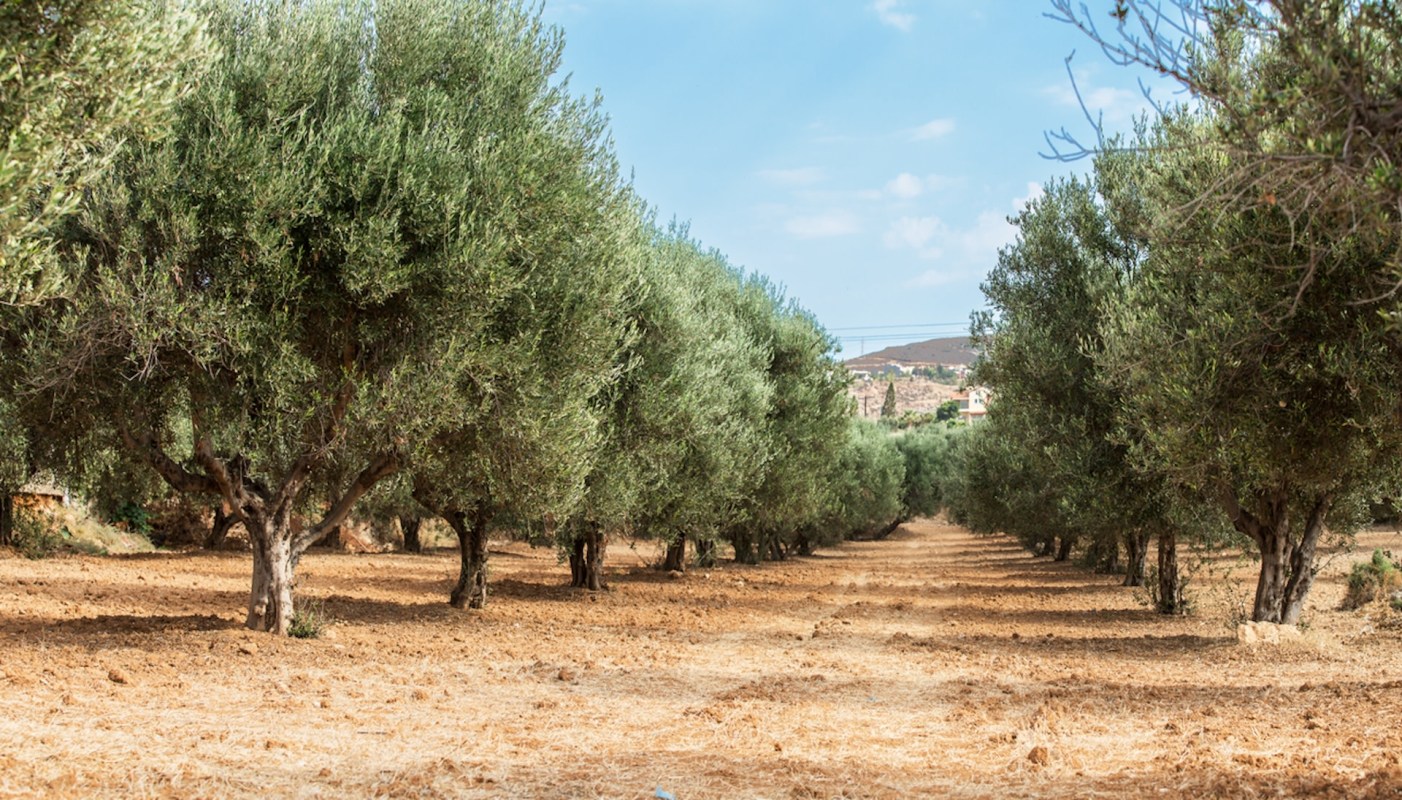As one of the culinary cornerstones of Mediterranean cuisine, olive oil holds a revered status in kitchens around the world. However, Greece's recent olive oil harvest hints at a potential reality where this beloved kitchen staple is less available and affordable.
What's happening?
The final estimates for Greece's olive oil production reveal a substantial decline from initial projections. According to the European Commission, this was the lowest olive oil crop yield in the last six years, recorded at only 175,000 tons — that is especially concerning when compared with 2023's 340,000-ton harvest.
Some regions have experienced a complete absence of olive oil production, highlighting the severity of the situation.
One of the factors that led to this disappointing yield was the heat wave crisis in Europe, with extremely hot weather hitting the continent since April 2023. This heat wave has affected other olive oil producers, such as Italy and Spain. In Spain, the temperatures reached 104 degrees Fahrenheit in April, according to CNN.
Quality consultant Nikos Koutsoukos attributes the decline to other factors as well, including hailstorms.
"Another cause is the sudden weather phenomena, such as hailstorms, which hit the olive trees in some producing areas, knocking olives to the ground and further adding to the problem of reduced fruition this year," he said.
Why is the olive oil crisis concerning?
The decline in Greece's olive oil production has significant implications for a large portion of consumers who use olive oil in their daily cooking. With a reduced supply, the cost will increase.
According to a chart from the Federal Reserve Bank of St. Louis, the price of olive oil has nearly doubled — growing from $5,893 to $10,281 — since January 2023.
"In the long term such high prices can harm the product itself," Koutsoukos said. "High-quality extra virgin olive oil, for example, could become a luxury food product only for those with deep pockets."
Additionally, the decline in olive oil production raises concerns about sustainability and agricultural resilience. Climate-related disruptions, such as erratic weather patterns and the spread of pests, threaten the viability of olive cultivation in the region.
The loss of olive groves could also have detrimental effects on biodiversity and soil health, exacerbating environmental degradation.
What is being done about the olive oil crisis?
Both olive oil producers and consumers are adapting to the challenges presented by the changing climate, which is at the heart of the shortage.
Producers in Spain, for example, are exploring alternative products — like pomace oil, which uses different parts of the olive plant — as they face a less promising harvest.
Companies like Zero Acre Farms are also stepping up with cool new methods of producing cooking oil that are less reliant on traditional farming, which could help alleviate some of the pressure on olive oil supplies.
Join our free newsletter for cool news and actionable info that makes it easy to help yourself while helping the planet.









